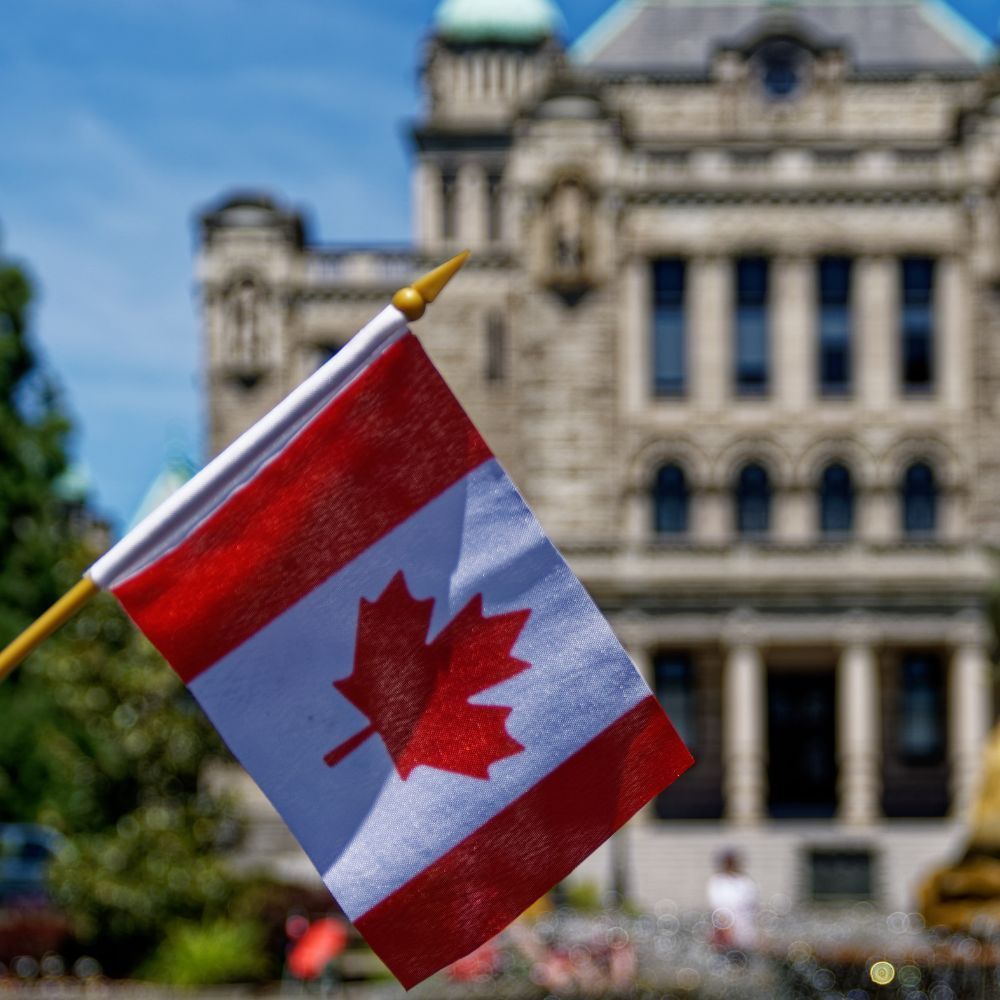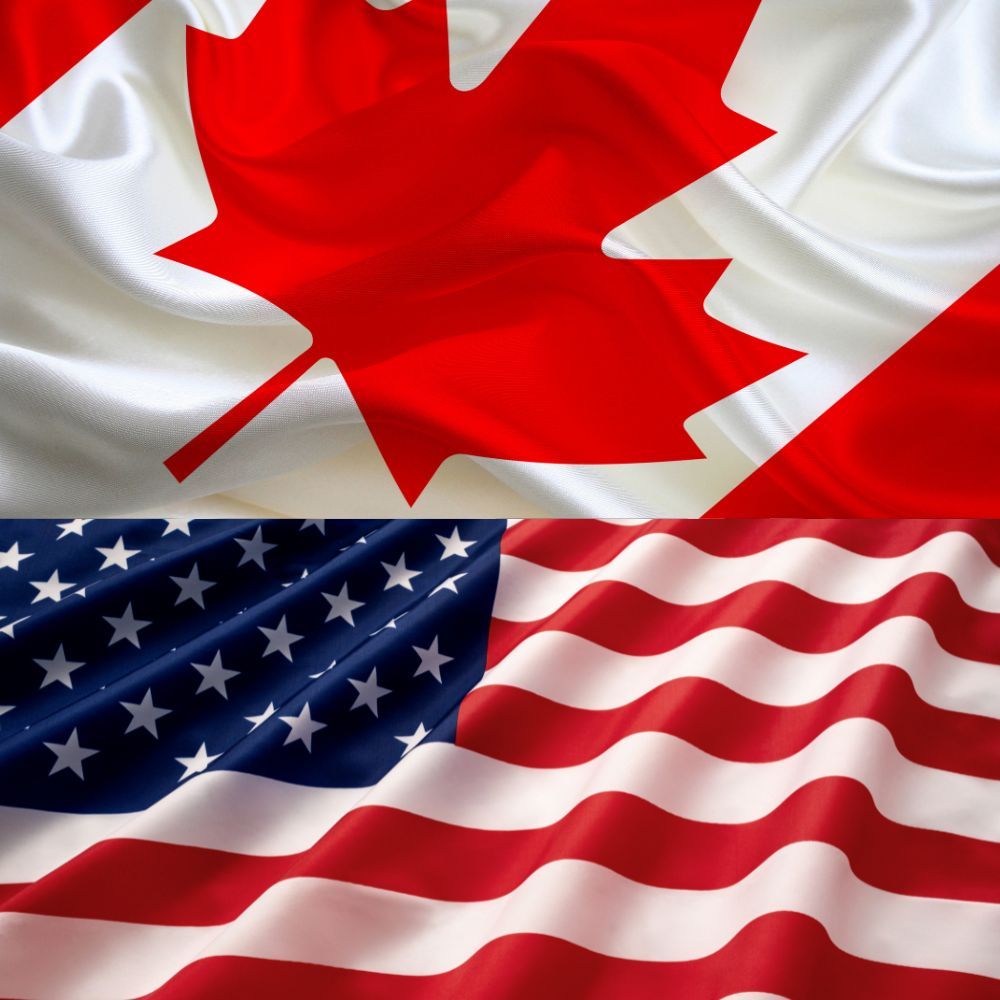Olivia Chow – Hope and A New Kind of Politics
Recently I watched a bold Bonnie Crombie accept the leadership of the sad Ontario Liberal Party. I’d been catching up on the winning ways of new Toronto Mayor Olivia Chow and listening to her interviews and speeches, and I could not imagine two more contrasting political styles.

Crombie used every classic speech trick to drum up applause from the partisan crowd. Pointing out forcefully she repeated “it’s you who will rebuild the party. We’ll do it together” – and together was used many times. This was addressed to partisans and was light on policy. No mention of the real concerns of Ontarians – especially housing. Brash, loud, she is considered a real threat to Ford – a strong “retail politician”. She accused Ford of not being in touch with the people of Ontario (without saying why she was).
What a contrast with the calm, authentic, more connected and emotional Chow in her first speech after becoming mayor: “Toronto’s story is my story…imagine a young family arriving here today with the same dreams (as my family had) for their children, for a better future. I think we all know what they’re up against. So, let’s imagine what could be possible, when we meet our challenges with the boundless potential of our ideas and the strength of our collective action. Let us imagine, a newcomer family has just moved into a nice, affordable, secure apartment in a friendly neighbourhood with trees and parks, schools and libraries, restaurants, galleries, and shops. They can rely on the TTC to get to work on time.”
“On a hot evening, even in May, they can enjoy the local swimming pool. On a winter’s evening they can go to their local skating rink or local park and their daughter feels safe riding her bike to school or taking the subway and has many after school activities — mostly very, very affordable. And when one of her friends is having a mental health issue, she knows the number to call to get the care and support.”
“It’s a good life. A better life in a city where they feel they belong. Right here. Toronto. That’s a city worth imagining. A city worth building together, all of us.”
This is not a speech of honest hope, heart and understanding of real people that John Tory could ever have made. Or few politicians for that matter. Much of her recent campaign strategy to sell Olivia’s own immigrant story and its message of change and hope was built on her role founding the Institute for Change Leadership (ICL) at then Ryerson University in 2016. In this strategy of political organizing, power is not a thing you wield. It’s created through relationships, when people with different but overlapping goals marshal their talents towards a common purpose. And these relationships are built by sharing your “public narrative” with others—why are you doing what you’re doing, and why should I join you? The narrative is what binds. Platforms and policies are secondary. Chow's campaign used this strategy and mobilized more than 2,500 volunteers on election day. They used the story telling technique at the door. "Organizing is bringing people together, building strong relationships with each other, looking at what we have in common. And that strong relationship is really what power is all about," Olivia said.
This is how it worked on the campaign trail. Chow would tell the story of her mother returning from the hospital after being beaten up by her father. A way of illustrating a policy issue: “Because I had a basement apartment (in Kensington market), she was able to stay with me,” she said. So there you have it: affordable housing is needed, for cases just like these, and she would be the one to make sure it was built. Or, as in ICL teaching, she turns the personal story into a “story of us.” And her deep immigrant story resonated in a city where more than half of all residents were born abroad and many more grew up with immigrant parents.
I worked on Olivia’s 2014 losing mayoral campaign. In that campaign she started strong and lost support as it marched on and she came in third. This time, she again began as a front runner, but her support grew. A lot had to do with her unique approach to politics for sure but also with her finding her own true voice, which was pretty well absent in 2014. I and others produced well-intentioned speeches she had trouble delivering authentically. As she told a reporter this time: “I just want to say what I want to say and do what I want to do, and trust my 30 years of experience.”
How many times have I worked for candidates, including those running for Premier, and found them over scripted and inauthentic. “Let so and so be her or himself,” I’d say. You must believe in what you are telling the electorate and if you don’t, it shows. This is a problem the over-scripted Justin Trudeau appears to be suffering from right now. Not Olivia. She was seen giving aides material back before stepping on stage and instead going from her gut, or more likely, her heart.
The hyper partisanship and polarization that is threatening democracy in Ottawa was pretty well eschewed by Chow during the campaign. She did not go after Premier Ford or her opponents personally, but instead talked about contrast of ideas.
Her planks were based on principles. Those with established interests – from Premier Ford to former Mayor John Tory – did all they could to try to defeat her. They attacked her and tried to bait her into arguments. Premier Ford even stated that a Chow victory would be “an unmitigated disaster.” The John Tory establishment tried to paint a tax and spend picture of her, and they divided their support to the candidates that would support the status quo he so fiercely defended.
Fast forward to today. Just a few months since being elected, she has arguably accomplished more in getting a better deal for Toronto than John Tory did in his almost nine years in office. She has made a mutually beneficial deal with Premier Ford that included some compromises of her own promises. She gave up the small municipally owned land adjacent to Ontario Place, ending the City’s only legal potential roadblock. In doing so, she secured a wider agreement for Toronto and was honest in accepting that it is Ontario Place, and that the fight belonged in the Ontario legislature, not at City Hall. As part of this deal, Premier Ford agreed to upload the expensive Gardiner Expressway and Don Valley Parkway – something he outright rejected when one of Olivia’s opponents raised it during the election.
To me, what was most notable was the tone and the friendly atmosphere when the two emerged to announce Toronto’s new deal. The two beaming unlikely friends met the media and “focusing on what unites us” (as Ford said) did the deal which could save the cash strapped city $7.6 billion as well as $1.2 billion in next two years for priorities Chow ran on like fighting homelessness and building housing among other things – things that her opponents said could never happen because of cost. At that press conference, Chow opened her remarks starkly describing high food bank usage and the underinvestment in Toronto, the gaping budget hole she inherited, and the fact that there was so little hope until today. She then quickly shared the spotlight, thanking the Premier for partnering in providing hope for so many families that were having a hard time getting by. Also saying that the federal government must join the Province and the City in this. “We are stronger together – to build a city more affordable, more caring and safe for everyone.” Classic Chow.
Her newest target for relationship building is Hon. Sean Fraser, the Federal Minister of Housing. She readily accepted the conditions attached to his $500 million Housing Accelerator Fund grant that is in final negotiation with the city.
The Mayor’s ambitious housing strategy calls for Toronto to build 65,000 affordable rental units by 2030. Doing so will require tens of billions of dollars. Ottawa and the Ontario government would need to provide low-cost loans, as well as between $500 million and $800 million each, in each of those seven years. Chow knows that building housing must involve an engaged and cooperative federal government. Already, the City has inked several deals under federal programs to build affordable and rent geared to income housing. Leveraging existing programs, the City is partnering Indigenous and not-for-profit organizations to broaden the mix and deliver housing first to those who need it most. is off to a good start, and we can expect to see her form more strong and positive relationships with the federal government.
Olivia has been called shrewd by several observers because of this early success. But she is more than that. She has a lifetime of service to the disadvantaged and misunderstood, and years teaching groups how to organize to achieve their political ends. This formed a suite of beliefs that would be well for all politicians to study. She believes in empathy and recognizes that division and polarization leads to anger and hate. She advocates for taking the time to hear each other out. The Canadian trait to say you’re sorry when someone jostles us is a good start. She reflects on a Toronto with so many different nationalities and beliefs. “We have to find the common ground among our differences. But we have so many people living in harmony we should be a beacon of hope,” she says.
“During the campaign she synthesized her beliefs this way to a reporter: “What Jack (Layton, her late husband) wanted, what I want, is an engaged society. Anything with the words ‘community-based’ in front of it is bound to be good. With engaged citizens, you get better decisions. When there is common purpose, a deadline and a good facilitator, democracy works fine. Lately I see a drift towards less participation—in part because families have less money, less time, more debt. Together, this means that there’s less time to participate. Some people in power want that, but it’s not healthy.”
More participation in democracy is a big ask after decades of the city being run by businessmen and the establishment. Change is happening all around. She’s holding very public pre-budget consultations and only then will she decide to raise taxes by how much to whom, and for what purpose - an illustration of how tough and practical she can be..
I believe she has the guts to bring the changes that are needed as well as the dedication to listening to those affected by city policies. A good combination. And if there was ever an approachable mayor, it is the small but mighty Olivia Chow. If Bonnie Crombie really wants to connect with the issues that concern average Ontarians, she might borrow a little heart from Olivia.
Patrick Gossage Insider Political Views




